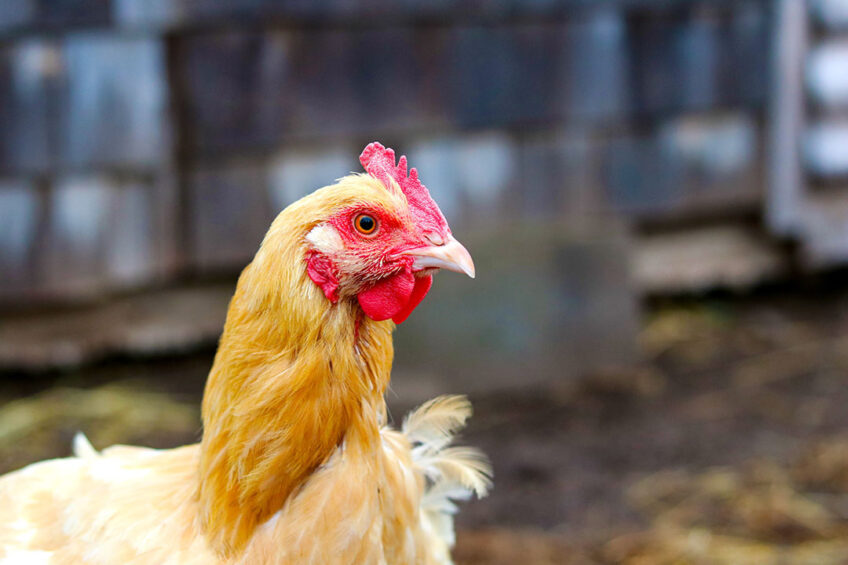Nigerian poultry farmers call for ban of maize, soybean

The Poultry Association of Nigeria has called on the government to ban maize exports to make the commodity available for poultry feed millers in Nigeria. This, the association says, will help rescue the poultry sector.
The call was made at the 2021 Nigeria Poultry Show, themed ‘De-Risking the Nigerian Poultry Industry: Stabilising Critical Inputs and Market Prices for Sustainability’ in Ogun State, the largest broiler and egg producer in Nigeria. The show was attended by various public and private agricultural sector stakeholders, reports Nigeria’s This Day.
Numerous challenges
Chairman of the Poultry Show, Olalekan Odunsi, noted that poultry farmers face numerous challenges, including the high cost of poultry feed and a poor exchange rate. This, he said, has forced many farmers out of business.
He appealed to the government to ban soybean and maize exports to allow local farmers security to these feedstuffs. He noted that only maize and soybeans are grown locally, but other inputs must be imported, including feed additives, vitamins and various medications, which, he said, “are impeding very much on the cost of production”.
Boost for Nigeria’s poultry industry
Early in 2021, the Central Bank of Nigeria released 12.55 bn Nigerian naira (US$ 31 million) to boost egg and meat production and create more jobs for Nigerians. Read more…
This Day adds that the Ogun State government said it would continue to give poultry priority in its agricultural agenda for food security, job creation and industrialisation. Nigerian International Livestock Research Institute’s Dr Tunde Amole acknowledged that there is a scarcity of feed for poultry and suggested the use of cassava peels in poultry diets to reduce total dependence on maize.
Poultry shortfall of half a million tonnes
Meanwhile, Nigeria’s Tribune reports that the country’s minister of agriculture and rural development, Dr Muhammed Abubakar, has said that the 2019 projection shows that Nigeria is on a production deficit of 529,000 for poultry meat. He said that the country consumes 1.8 million metric tonnes of poultry meat annually but produces only 551,000 metric tonnes (deficit of 529,000 mt).
“Nigeria is the largest annual egg producer with the second-largest chicken population in Africa amounting to about 180 million birds. Of these, about 44% are raised in extensive systems, 33% in semi-intensive and 23% in intensive systems,” he said. He added that currently, 85 million Nigerians are involved in the poultry business, making intervention in the poultry sector imperative for job creation.













